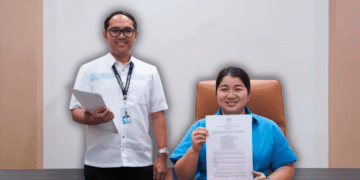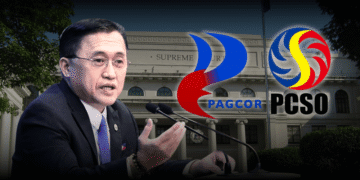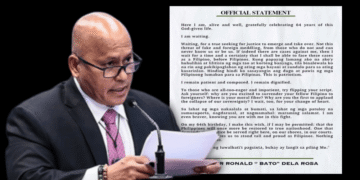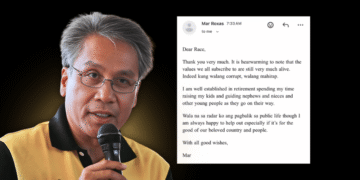President Ferdinand Marcos Jr. declared the Philippines and Japan are in a “golden age” of bilateral relations, a sentiment echoed during a historic visit by Japanese Prime Minister Shigeru Ishiba to Malacañang on April 29, 2025.
For conservative Filipinos who value strong alliances, tradition, and national progress, this milestone underscores a shared commitment to prosperity and security, rooted in mutual respect and a vision for a stable Indo-Pacific.
Marcos welcomed Ishiba with a ceremonial reception at Kalayaan Hall, introducing him to top Philippine officials amid a cultural performance honoring Japan’s contributions.
The visit, Ishiba’s first to Manila since taking office, builds on their October 2024 meeting at the ASEAN Summit in Laos and a virtual trilateral with the US.
“Your timely visit highlights the stability, harmony, and immense benefit we bring to each other,” Marcos said, noting the 70th anniversary of diplomatic ties in 2026.
Japan, a steadfast partner, is the Philippines’ second-largest trading ally and top source of official development assistance (ODA), fueling projects like the Metro Manila Subway and North-South Commuter Railway.
Marcos praised the Philippines-Japan Economic Partnership Agreement (PJEPA), which drives trade and investment, and Japan’s support for Mindanao’s peace process, infrastructure, and maritime security through Official Security Assistance (OSA).
Ishiba, reflecting on shared values like the rule of law, invited Marcos to the 2025 Osaka Kansai Expo, highlighting the Philippines’ pavilion as a symbol of cultural ties.
Security cooperation took center stage, with Marcos announcing talks for an Acquisition and Cross-Servicing Agreement to exchange defense supplies and a Security of Information Agreement for intelligence sharing.
These pacts, alongside the July 2024 Reciprocal Access Agreement (RAA), signal a near-allied bond, vital for countering regional tensions, particularly in the South China Sea.
Ishiba reaffirmed Japan’s backing for a free and open Indo-Pacific, a vision aligned with conservative Filipino priorities of sovereignty and stability.
This partnership delivers tangible benefits: jobs from Japanese investments, disaster-resilient infrastructure, and a stronger defense posture. Marcos’ focus on agriculture, mirrored by Ishiba’s past as Japan’s Agriculture Minister, promises deeper collaboration in food security.
As the Philippines eyes upper middle-income status, Japan’s support in telecoms, energy, and disaster risk reduction is a game-changer. This “golden age” invites Filipinos to celebrate a friendship that uplifts both nations, rooted in shared values and a bold vision for the future.












